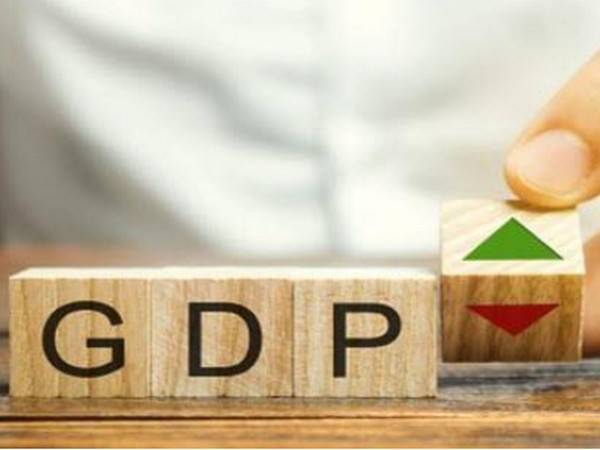In the last three months of 2022, the 27 member countries of the EU reported an average zero growth compared to the previous quarter…reports Asian Lite News
The eurozone may end up sidestepping the risk of a recession, as the latest data released by Eurostat showed positive economic growth in the fourth quarter of 2022.
But some countries — including Germany and Italy, which represent the eurozone’s first and third largest economies respectively, are still facing recession risks.
Eurostat, the European Union (EU)’s main statistics entity, reported on Tuesday that the 19 eurozone economies grew by a modest 0.1 per cent in the fourth quarter of 2022 compared with the previous quarter. The data did not include Croatia, which became the 20th member of the euro area at the very start of this year.
As an economic recession is defined as two consecutive quarters of negative gross domestic product (GDP) growth, and economic forecasts predict European economies will pick up growth rates in the second quarter this year, this indicate the euro area could probably avoid a technical recession.
But that is not the case for all the countries. Six of eurozone countries showed negative economic growth in the fourth quarter of 2022, including Germany and Italy, whose growth declined by 0.2 per cent and 0.1 per cent respectively.
The two countries were hardest hit by the Ukraine crisis, as both have export-driven economies and depend heavily on natural gas from Russia, which has been disrupted following sanctions against Russia.
In the last three months of 2022, the 27 member countries of the EU reported an average zero growth compared to the previous quarter.
Countries across Europe suffered from high inflation caused by surging energy prices last year. Eurostat’s data showed that the inflation rate for the eurozone dipped back into single digit in December, tallying a 9.2-per cent. For the EU as a whole, the rate in December was 10.4 per cent.
The three Baltic states — Estonia, Latvia and Lithuania — where Russia’s economic influence is strong, reported the highest estimated inflation rates in January, at 18.8 per cent, 21.6 per cent and 18.4 per cent respectively.
Netherlands escapes recession
The Dutch economy grew by 0.6 per cent in the fourth quarter (Q4) of 2022, narrowly escaping a recession feared in the final months of last year, Statistics Netherlands (CBS) said on Tuesday.
Growth in Q4 was broad-based, with the trade balance and household consumption making the largest contribution. In Q3 of 2022, the economy shrank 0.2 percent and there were fears that the country would end up in a recession with another quarter of contraction.

Economic growth of 0.6 per cent in the Netherlands was higher than that in the neighboring European countries, the CBS said. In France and Belgium, economic growth was 0.1 per cent in the same period, while in Germany, the largest economy in the European Union (EU), the economy contracted by 0.2 per cent.
Citing preliminary figures, the CBS said that the country’s annual GDP growth rate for 2022 was 4.5 per cent, mainly due to higher household consumption and to improvements in the trade balance.














